In the tales of our ancestors, proving one's humanity often involved facing dangerous trials and other daring challenges. Yet, little did they know that in the modern world, this would also include clicking on street signs.
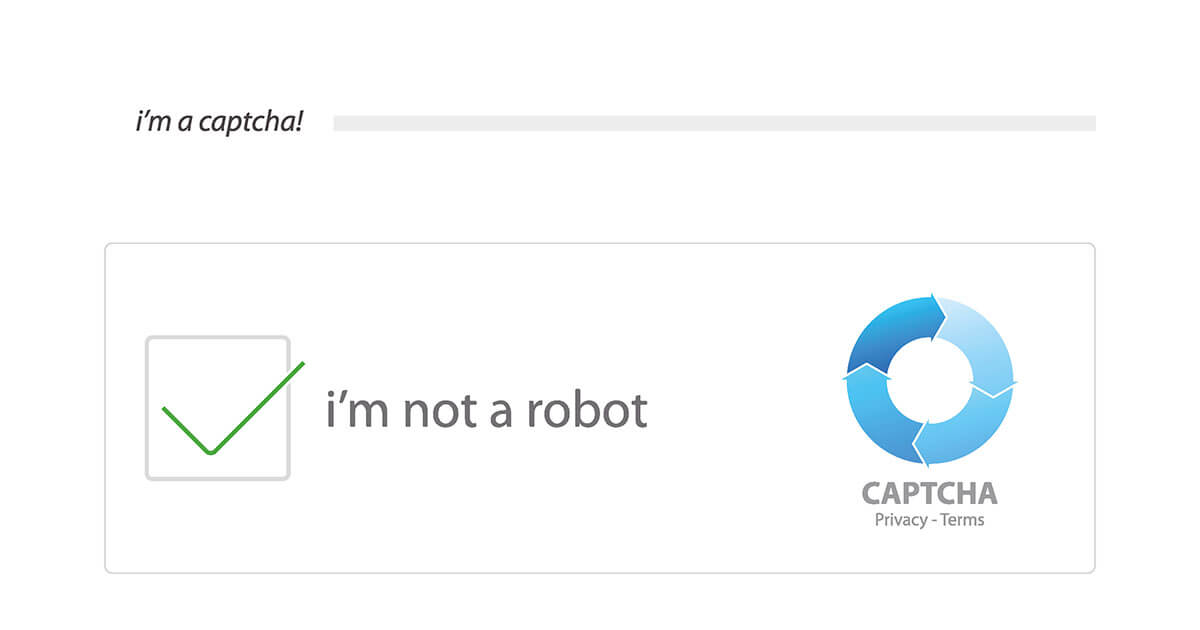
CAPTCHA's (Completely Automated Public Turing text to tell Computers and Humans Apart), those irritating tasks where you have to spot motorbikes, or fill in some sort of code, are meant to safeguard us on the internet against threats from bots. Ideally, the task should be straightforward for humans, yet difficult for machines.
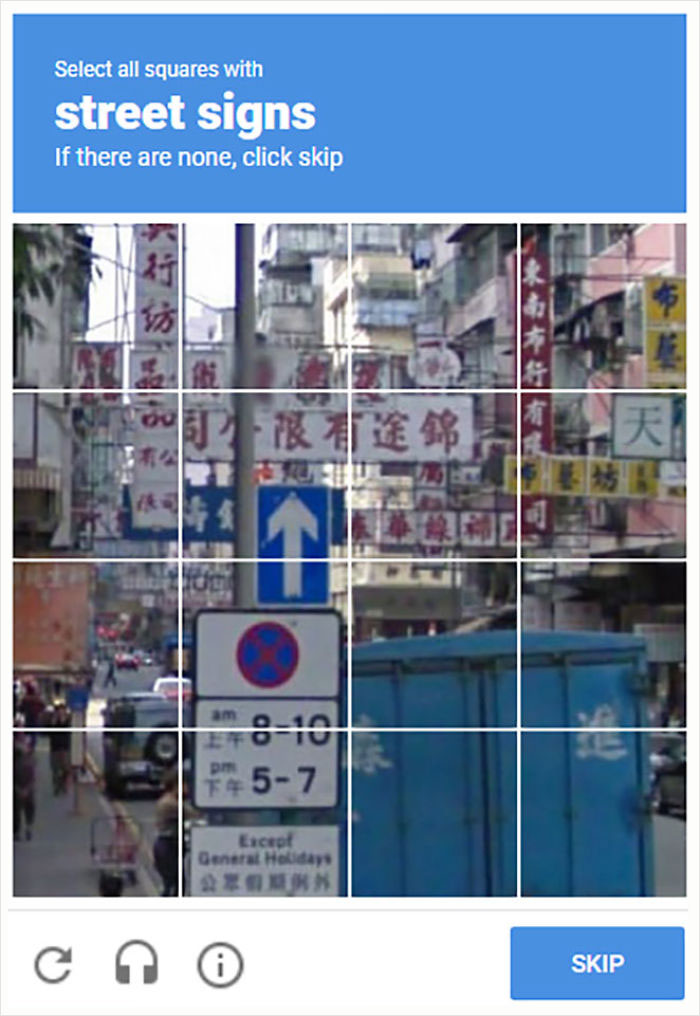
But researchers at the University of California, led by Gene Tsudik discovered that bots now excel at solving CAPTCHAs faster and more accurately than humans. This advancement shows the declining effectiveness of a technology once thought to secure our online spaces.
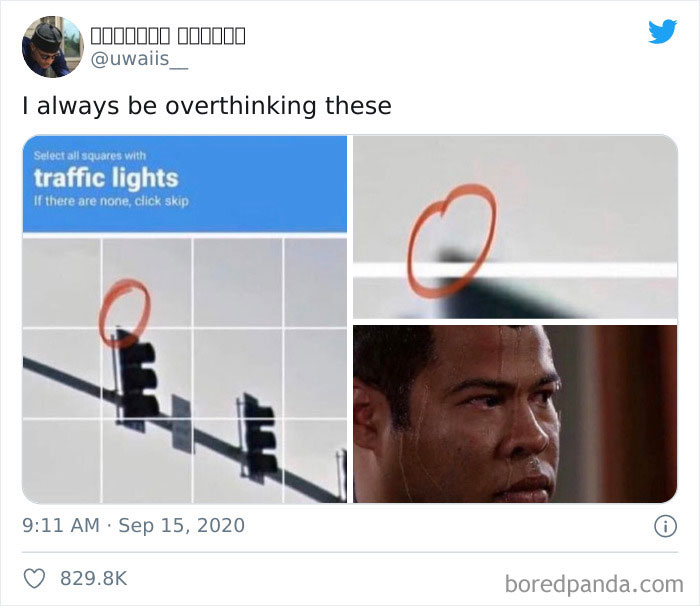
Enlisting 1,400 individuals with various levels of technological proficiency, the researchers tasked them with completing a total of 14,000 CAPTCHAs found on 120 out of the 200 most popular websites. They then compared the accuracy of these human participants to that of bots specifically designed to defeat the puzzles.
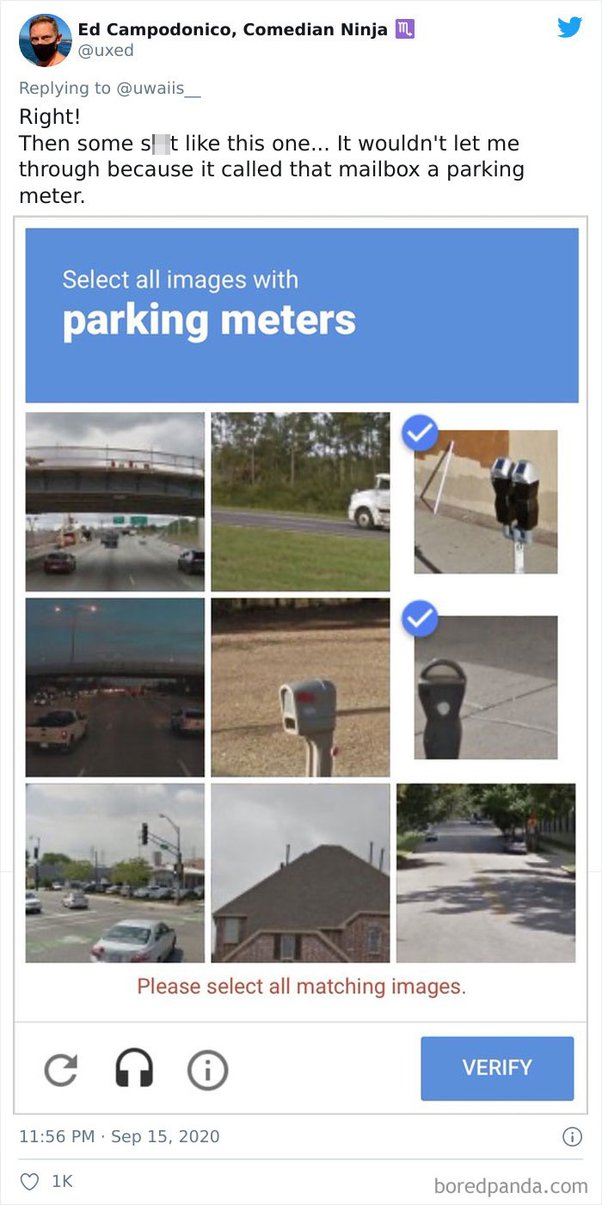
Their own CAPTCHA-defeating bots outperformed human participants in both speed and accuracy. While humans achieved an accuracy range of 50 to 84 percent, these bots demonstrated an impressive accuracy rate of 99.8 percent, showcasing the fast advancements of AI technology in surpassing human capabilities in solving CAPTCHAs.
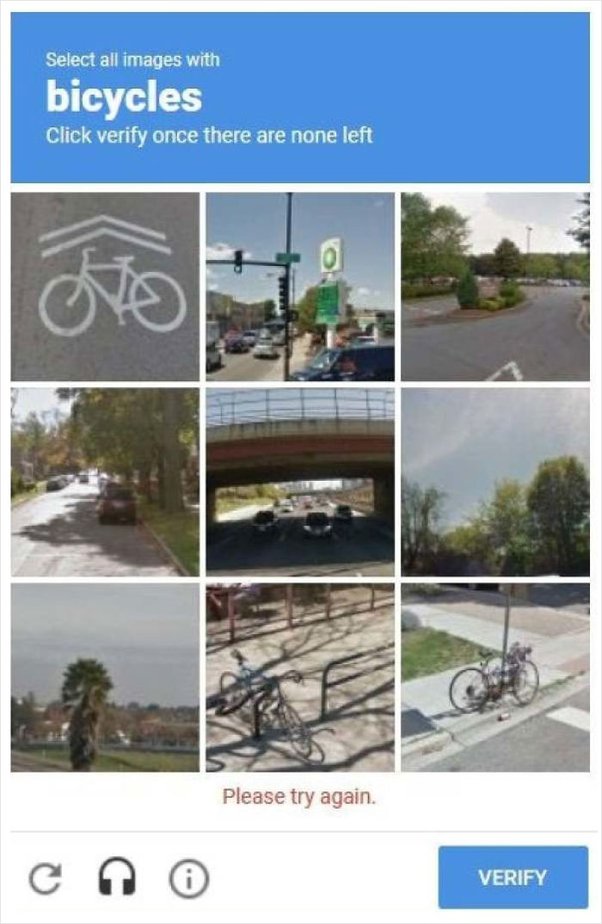
This discovery suggests that as artificial intelligence gets better, it raises new questions about what it is that makes us human. What makes humans different from machines? And do these differences still matter in today's world, where technology is always advancing? Personally, I'm keeping my fingers crossed that this discovery means that I will soon never have to click on a traffic sign again.
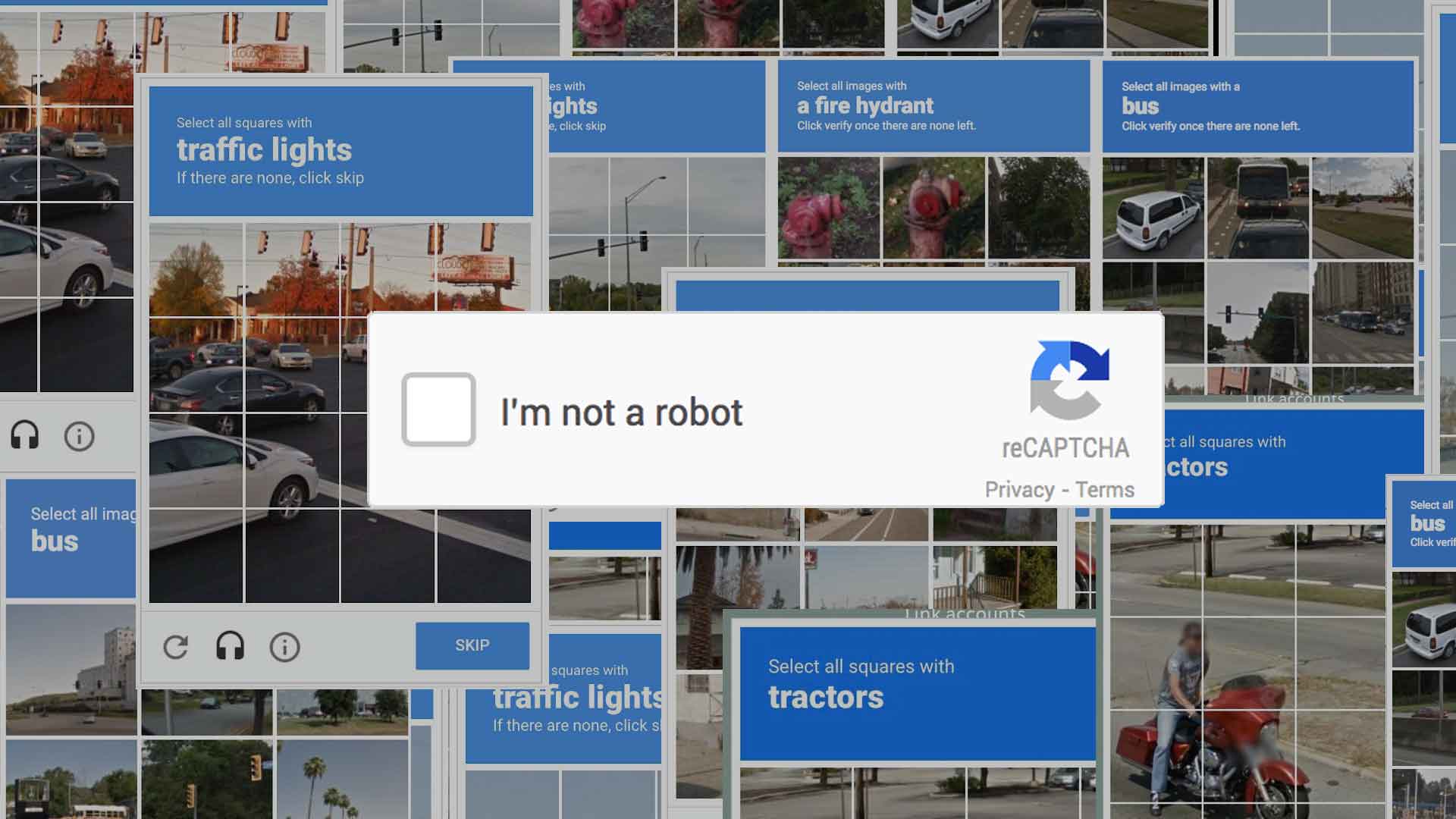
Share your thoughts and join the technology debate!
Be the first to comment